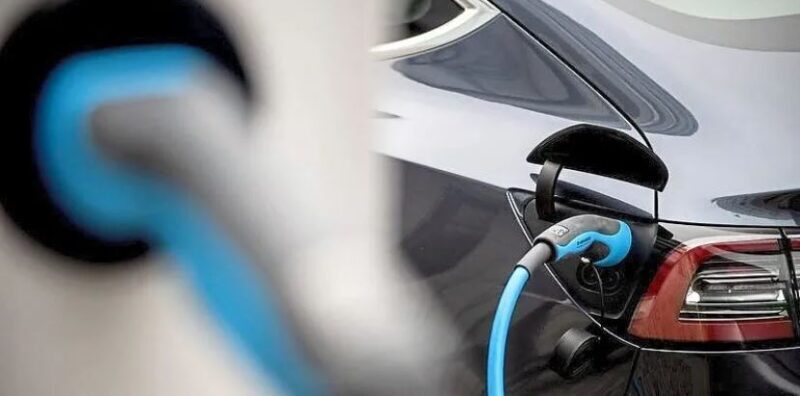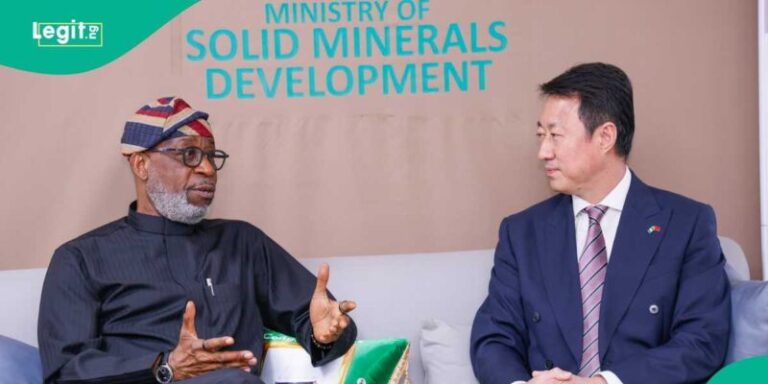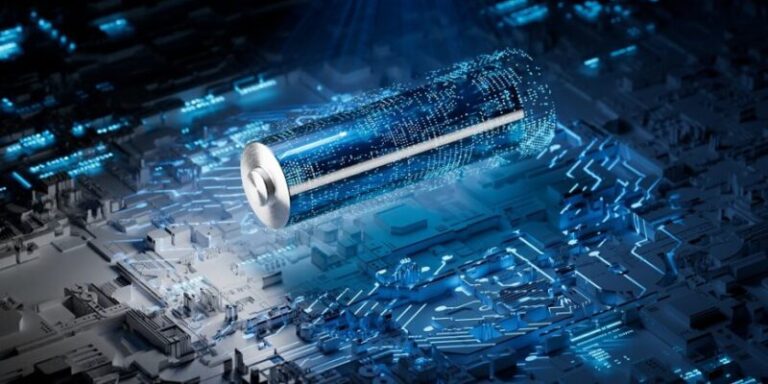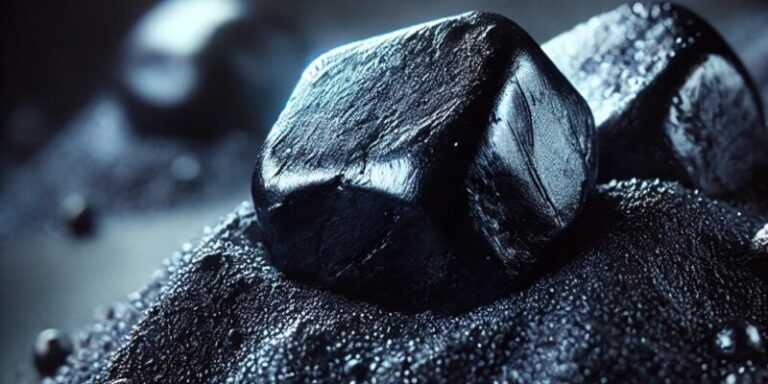
In a significant development for South Africa’s emerging green hydrogen sector, three major corporations have joined forces to showcase the viability of domestically produced hydrogen as a zero-emission transportation solution.
During a demonstration in Gauteng, a second-generation Toyota Mirai fuel cell electric vehicle (FCEV) was fueled with hydrogen produced by Sasol in Sasolburg, Free State.
The hydrogen was transported via truck in an Air Products tube trailer, and the vehicle was refueled using Air Products’ mobile hydrogen dispensing technology.
While the collaboration between Sasol, Air Products, and Toyota South Africa Motors (TSAM) represents a milestone in hydrogen fuel cell technology, the partners are primarily focusing on deploying green hydrogen in sectors such as long-distance and mining transportation, aviation, green steel, and off-road mining vehicles. This passenger vehicle demonstration serves as a catalyst and proof-of-concept initiative.
This aligns with South Africa’s forthcoming Green Hydrogen Commercialization Strategy, which emphasizes exports to secure green hydrogen-related subsidies from developed economies, along with domestic applications in various sectors, including mining vehicles, long-haul trucking, steel, chemicals, fertilizers, and sustainable aviation fuels (SAFs).
Hydrogen’s energy density makes it particularly attractive for heavy-haul trucking, where large payloads can be transported over long distances without compromising power or performance. For instance, the Toyota Mirai required only 6.8 kg of hydrogen to cover 650 km.
While today’s demonstration is a significant step toward establishing an on-road hydrogen mobility ecosystem, Sasol is actively seeking partnerships to develop hydrogen refueling infrastructure along key transportation corridors.
Sasol’s move toward green hydrogen production is driven by the imperative to reduce greenhouse gas emissions, with plans to shift from grey hydrogen (produced from coal) to gas and green hydrogen.
The success of this shift depends on access to affordable renewable electricity, which South Africa’s natural resources can provide, and a decrease in the cost of electrolysers, which currently hovers around $5/kg, making green hydrogen production economically challenging.
Air Products, with its extensive hydrogen experience, is keen to play a leading role in establishing a sustainable domestic hydrogen ecosystem, given its global presence in hydrogen fueling across various industries.
While fuel cell electric vehicles like the Mirai may not dominate the South African market, the partners see niche applications beyond trucking, such as taxis and collaborations on FCEV prototypes.
They emphasize the importance of upfront commitments from businesses and fleets to make the necessary hydrogen infrastructure viable.
Ultimately, supportive policies and regulations will play a pivotal role in determining the future role of green hydrogen in South Africa’s transportation sector.





